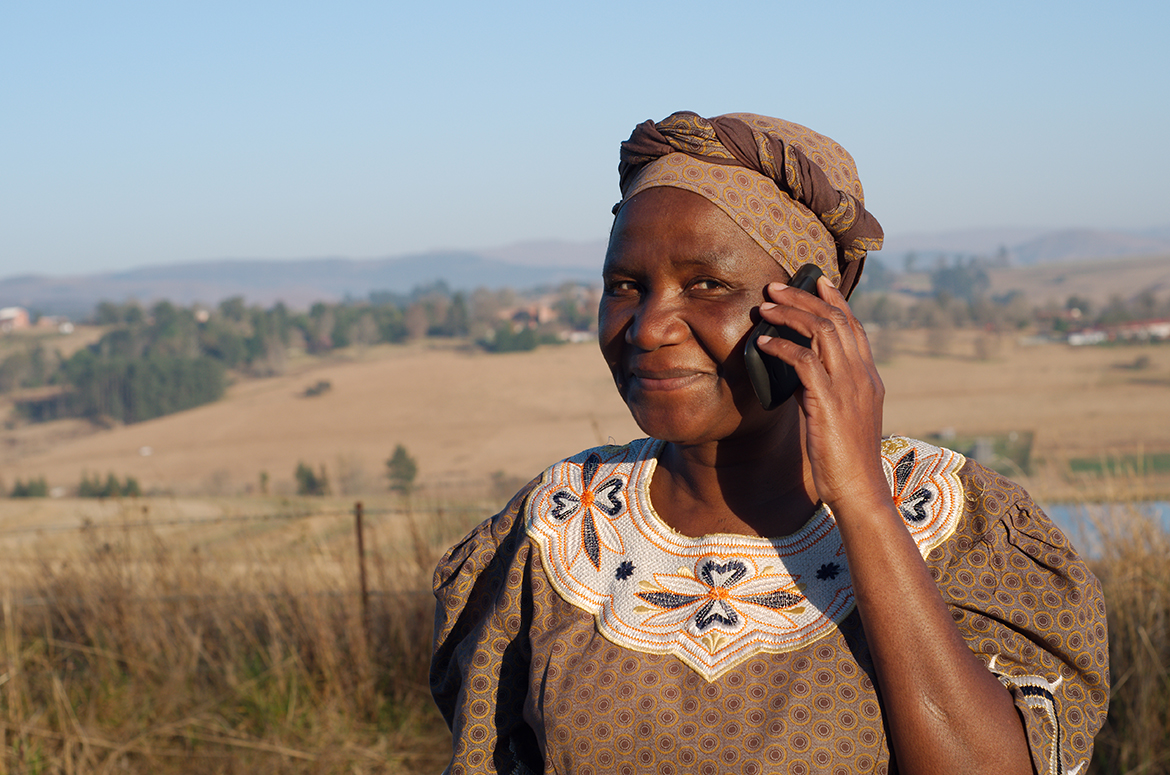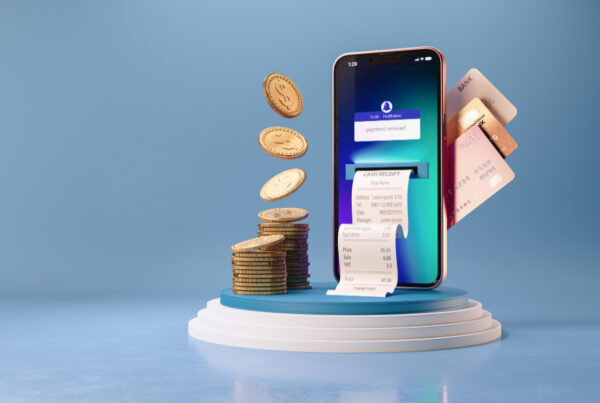While medical science has, without a doubt, made significant strides over the past decade, challenges such as Ebola and Cholera still persist. Unlike the past, however, the global community is better prepared to counter these challenges and improve the quality of life. Of course, this isn’t merely confined to improved methods of treatment but to streamlined and efficient processes pertaining to collecting funds for medical purposes, providing health insurance, etc. Digital payments have, needless to say, played a significant role in this aspect. A few such examples include:
Sierra Leone – Digitizing Payments for Ebola Response Workers
To say that West Africa faced the worst of the Ebola epidemic is a bit of an understatement. As of January 26, 2016, Ebola affected 28,637 people and caused 11,315 deaths worldwide. In Sierra Leone alone more than 14,000 people were affected and about 4,000 people lost their lives. To counter this threat, over 60,000 Ebola response workers were deployed.
This team was paid in cash, which was a time consuming and unreliable process. in addition, the team often failed to receive the full payment, as senior officers and others often laid claim to them before they could. These factors led to frequent strikes by the team, which, of course, adversely impacted on-ground operations.
To address this situation, the United Nations Mission for Ebola Emergency Response (UNMEER) implemented the “Payments Programme” for this team. This initiative digitized payments to over 15,000 response workers in December 2014, which extended to 26,600 workers by end-March 2015. These workers received the payment directly in their mobile wallets (like Airtel Money wallet), which increased speed, accuracy, transparency and security.
Clearly, the impact of digitizing payments cannot be underestimated. To illustrate, according to a case study from Better Than Cash Alliance, the adoption of digital payments ensured cost savings of $ 10.7 million. This was attributed to multiple factors, including eliminating duplicate and fraudulent recipients, digitally updating changes to the recipients’ roles and payment categories and removing the cost associated with cash payments and travel. Switching from cash to digital payment reduced the time taken for payments, from an average of one month for cash payments to one week on an average for digital payments. Moreover, the workers received the exact amount as well. Consequently, the frequency of strikes also reduced significantly, from an average of eight per month to zero. This ensured that the entire team worked to counter the threat, saving the lives of 2,095 individuals (as determined by the case study).
Liberia – Providing Financial Aid to Ebola victims
In Liberia, the “Save the Children” initiative leveraged mobile money to provide financial aid to buy foodstuff to families impacted by Ebola in the Bong and Margibi counties. 5000 beneficiaries received seven disbursements of Liberian Dollar 4000 each. The use of mobile money made the process of providing monetary financial aid more transparent, secure and inclusive.
Zimbabwe – Crowdfunding to fight Cholera
On September 6, 2018, Zimbabwe witnessed a significant outbreak of cholera, impacting 8,535 people and 50 deaths were reported.
To obtain financial support to counter this, Zimbabwe’s Ministry of health launched a crowdfunding campaign. While a significant amount was collected from non-profit organizations and corporates, the Ministry also involved the general public. Citizens were permitted to contribute directly through EcoCash, Zimbabwe’s largest mobile money service. The Ministry issued an EcoCash biller code, which the customer entered on their mobile device, along with the amount being donated. As of 28 September, 2018, the government collected $770,925.80 in the Cholera Crowd Fund, $ 3,453 of which was sourced from the EcoCash biller code.
Digital payments have, without a doubt, played a significant role in countering global health challenges. This is, needless to say, merely a small part of the larger role the facility plays in transforming lives globally.
Reference:
USAID Digital Cash Transfer in Liberia study: https://www.cashlearning.org/
Zimbabwe Situation Government Cholera Fund: https://www.






